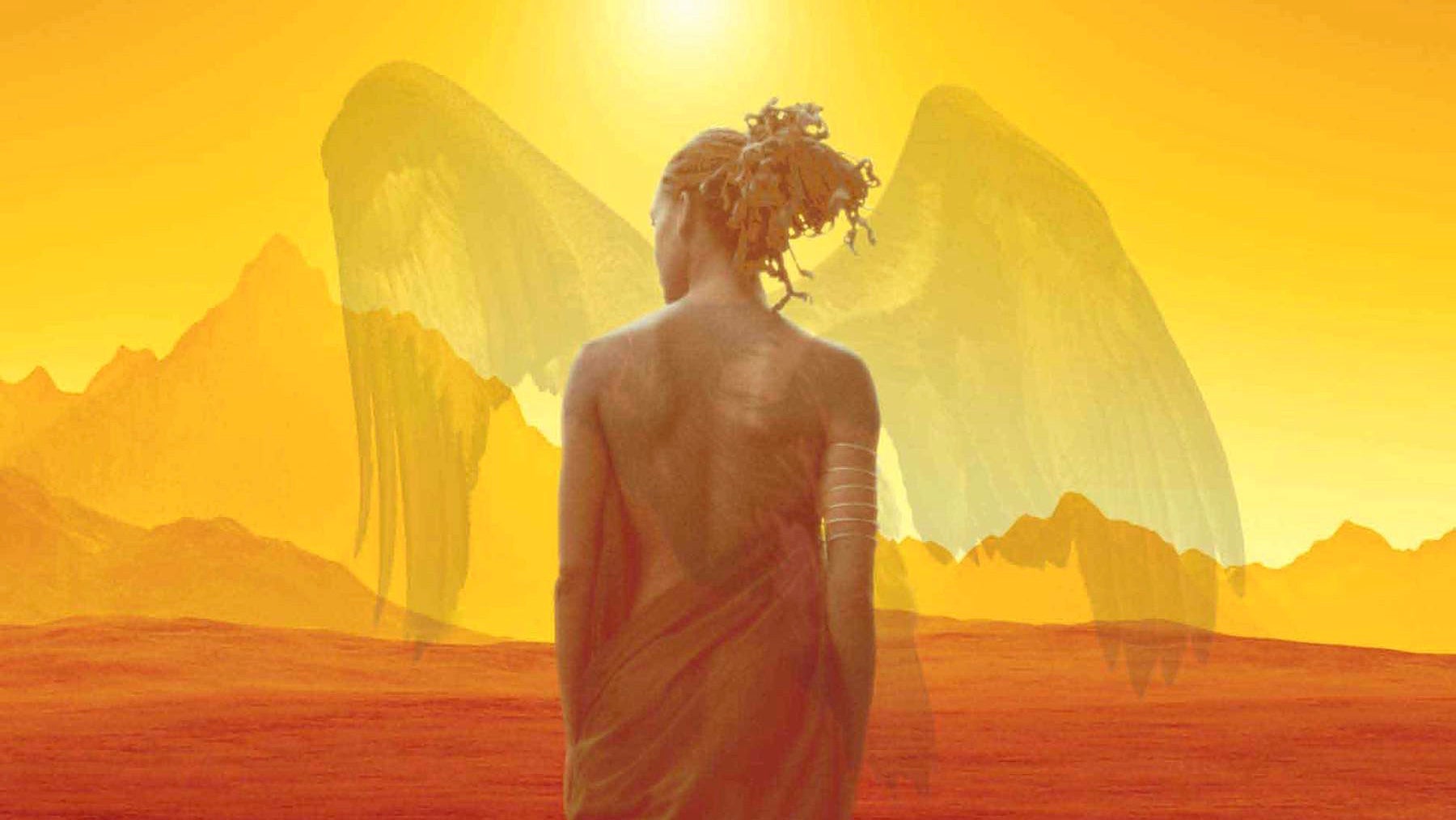HBO is looking to post-apocalyptic Africa for its next cult classic


Afrofuturism is coming to HBO, thanks in part to Game of Thrones-creator George R. R. Martin.
Nigerian-American science-fiction author Nnedi Okorafor announced on July 10 that HBO will be turning her novel Who Fears Death into a television series. Martin confirmed his role as one of the show’s executive producers.
“Even in this Golden Age of television drama, there’s nothing like Who Fears Death on the small screen at present, and if I can play a part, however small, in helping to bring this project to fruition, I’ll be thrilled,” Martin wrote on his LiveJournal.
Much of Okorafor’s writing is nothing seen before. The Hugo award-winning author (and 2016 Quartz Africa Innovator) is often compared to Octavia Butler for the way she uses speculative fiction to wade through issues of race and gender. Her interpretation of Afrofuturism has introduced readers to a new world where a technologically advanced Africa is held back by age-old struggles. Okorafor’s mainly African characters are often pulled into the spiritual realm, allowing the author to explore traditional African spirituality as a source of personal power or identity, rather than through the witchcraft fetishism that has characterized so many pop-culture depictions of Voodoo.
Published in 2010, Who Fears Death was nominated for a Nebula Award. The title is a translation of the Igbo name of the book’s main character, Onyesonwu. Who Fears Death is set in the Kingdom of Rivers, the home of the Nuru and the Okeke people. The Okeke are the color of midnight, formed by an ancient goddess before day existed. When the goddess turns her back to rest, the Okeke become creative and inventive, but their technological advancements and newfound independence anger the goddess.
That’s when the goddess creates the Nuru, who are the color of the sun, to enslave the Okeke as punishment, using the Great Book as their guide. What follows is a bitter genocide where rape is used as a weapon of war, creating a new people, the Ewu, who are the color of desert sand and harbor a deep anger and tendency towards violence because of how they were conceived. Onyesonwu is an Ewu who struggles to escape this history, but in her efforts to do so discovers her own magical powers. Her destiny, she learns, is to change the fate of the world she lives in.
Onyesonwu’s world may be a post-apocalyptic Africa, but the violence and ethnic tension that shape her environment are not all that different from things happening right now, all over the world. Okorafor doesn’t shy away from the grim realities of genocide and war in her book, and given HBO’s willingness to portray blood, guts, and R-rated sex, the television series will likely be as graphic. In Martin’s hands, the fantastic violence of Okorafor’s novel could become as disconcerting and yet as essential as it is in Westeros.
Martin’s cult series A Song of Ice and Fire became a global television phenomenon Game of Thrones, and an HBO adaptation of Who Fears Death could bring a new imagining of an African story to the world, and create a new fanbase for Okorafor. Unless, that is, if mainstream media outlets sideline her in the discussion of the HBO show—as the author has already experienced at least once since the announcement was made:
Correction: A previous version of this story incorrectly identified the language from which the main character’s name is derived.